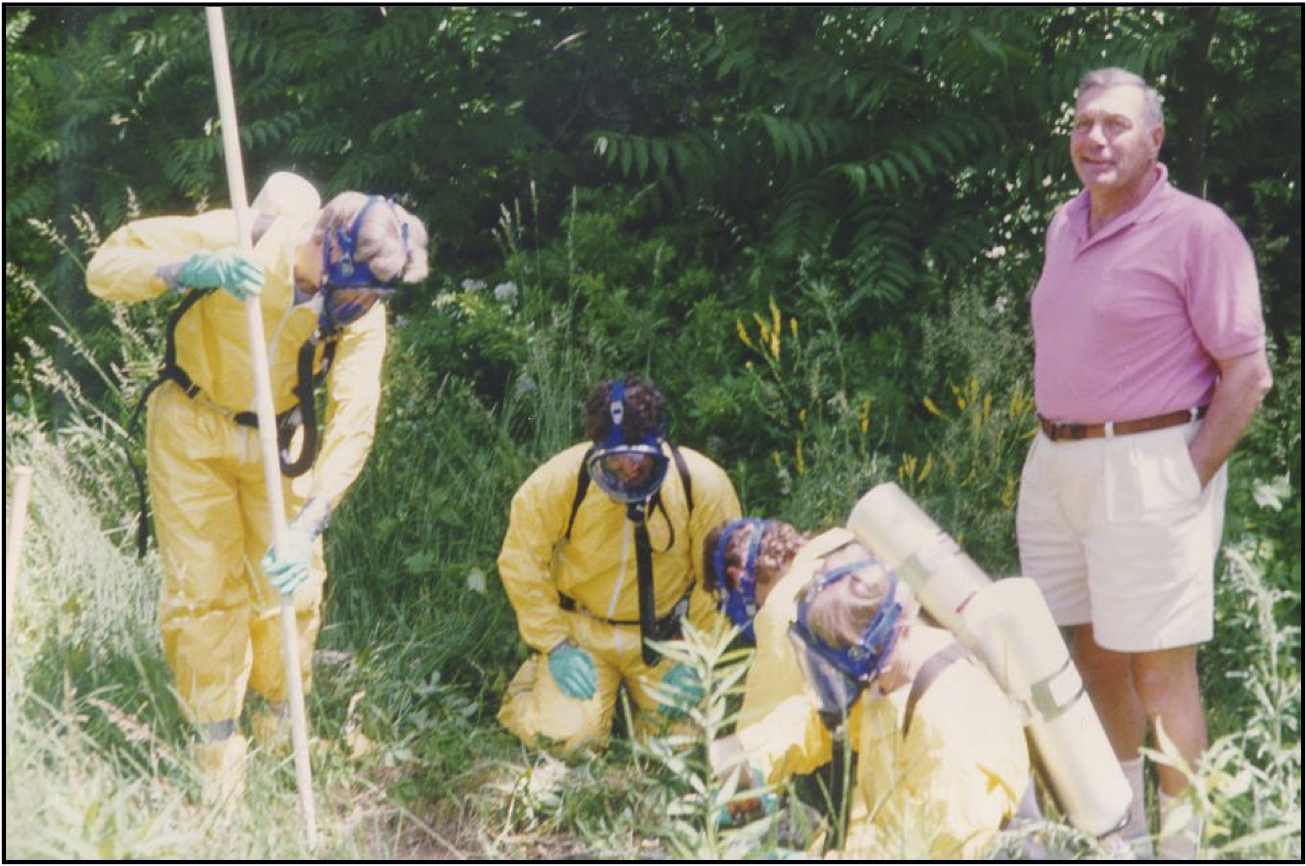
10 Feb Creeping Meatballism
And, if you’re settling for “less-than” with your expectations, you’re settling for meatballs (apologies to my vegan, vegetarian and Swedish friends – it’s just a metaphor! ).
With a nod to a guy named Glen Metelmann—a friend, mentor, former business partner, and a marketing genius, (Glen, if you’re reading, thank you, I still remember our conversations, and I appreciate them so much) the term he reminded our team about back in the 1990s, “Creeping Meatballism*,” has to do with the idea that we can slowly-but-surely give away our big dreams and high expectations due to our desire to “go along to get along,” or our fears that somehow we’re not worthy or capable of driving toward greatness.
Here’s how creeping meatballism shows up:
We start with a big idea – where our expectations, dreams and thoughts are powerful, and we imagine that anything’s possible. As a result, our energy’s high, and we are both optimistic and excited.
And then, “real life” shows up.
We have a setback, something didn’t work the way that we expected it to, and then we think, “Well, maybe it’s just temporary, let’s go back to being idealistic, and let’s keep thinking big, thinking large, and pushing hard.” Therefore, we relatively easily return to our idealism and optimism related to our big dreams.
Then another setback comes along – and this one really sends us thinking hard about the direction in which we’re headed. At this point, we are at a fork in the road: Do we marginalize our vision (and ourselves in the process), or do we remain committed to it?
Sanity Check
Before choosing one path or the other, we need to ensure we’re not deluded about the validity of our idea. It’s a good idea to do two things:
- Perform a critical evaluation as to the sanity of the direction in which we’re headed. It IS possible that we’re deluded about the “big idea” we’re pursuing… It happens all the time – remember “New Coke?” Sometimes big companies lose millions and millions pursuing the wrong idea.
- Check to see if anyone is following us. Sometimes we forget to ask the very people we’re serving (or asking to serve) about what’s important to them. It’s possible to lose touch and to become condescending – or even elitist – when describing a group, a team, or an organization – and NOTHING fires people up more (in a negative way) than feeling marginalized.
If after your sanity check you still think your big idea has value – but you’re still not seeing forward progress – be alert! At times like this, our self-confidence may start to wane and before we know it, we may even start giving up on our core values, and our non-negotiables.
 This is the road called “less than,” or the path toward “meh.”
This is the road called “less than,” or the path toward “meh.”
If we’re on this road, we start accepting less-than-optimal assignments, we start saying yes to clients, recruited employees, speaking opportunities, etc. that don’t fit.
We start doing what I call “anything for money,” often to distract us from our fears and self-doubts, and pretty soon instead of expecting USDA prime cuts of steak, we’re now satisfied with meatballs.
There you have it…
Creeping Meatballism – the insidious infection in our dreams where we slowly, methodically give away a part of ourselves as we systematically betray our values. We sell out, we “go along to get along,” and the power of our vision starts to dilute. It’s the beginning of the end for a movement, for an organization, for an idea – we’re sliding down the slippery slope of less than.
Six Keys to Disrupting Creeping Meatballism:
1) Be courageous and challenge the status quo
- Set big expectations! If, as I stated in the first sentence of this post our lives revolve around our expectations, are we looking BIG enough? Often, we stop ourselves before starting, and we “suffer in advance” (the notion that we can predict the outcome of something before trying it). Have the courage to challenge the status quo; think big!
2) Be determined but not deluded
- Critically check-in from time-to-time related to your big idea… There’s a difference between being visionary and being deluded – and it requires us to put our egos aside every now and then, and take an objective look at the direction in which we’re headed. If the sign ahead says “bridge out” – either it’s time to take a different road, or it’s time to strap on some rockets to get over the ravine. Either way, we need to evaluate our course of action.
3) “Sit with” the challenges you’re offered
- Think about the old saying, “What you resist, persists.” When we resist something, we actually give it our energy – it feeds from our pushing back. Take a lesson here from martial arts masters – they know that redirected energy works against the opponent, and the energy of resistance makes the opponent stronger. In other words, allow yourself to “be with” (and redirect if you choose), rather than “fight against” a challenge you’re facing.
4) Realize that each setback is a teacher
- I don’t know about you, but the hardest-fought lessons I’ve learned in my life come from failures and setbacks, not victories. However, our nature seems to be to get up as quickly as we can, and run away from our mistakes. Try this instead: squeeze the learning from every situation – don’t rush to solve the problem… Don’t wallow in your failures, but don’t run from them either – see where the lessons are, learn them, and then use them.
5) Listen to compelling feedback
- Sometimes it’s the things that trigger us that represent the things where we need continued work. If something keeps coming back – again and again – a “ground-hog-day” like experience around your approach to decision-making, relationships, fear, frustration (for me it’s traffic!), it’s time to listen to what the universe is saying… If an idea, a thought, a perspective from someone is hard to ignore, pay attention to it – “damn the torpedoes, full speed ahead” means you’re highly likely to blow up!
6) Trust the process
- Almost always, powerful, transformational changes take time to come forward – be patient. There’s a powerful lesson here from nature – seasons come, and seasons go – for a reason. In order for a tree to produce leaves in the Spring, it has to drop them in the Autumn – it’s a natural, predictable process. The same is true for transformation – Our “nine stages of transformational change” model shows this clearly – trust it.
Thank you, Glen—the term you reminded me about back in the mid-1990s lives on within me to this day. You were right then, and you are right now.
I firmly believe the universe is ready to help us, it’s ready to conspire with us, as long as we’re clear about what we’re asking for. If we’re expecting steak, sometimes that takes a little longer to prepare. If we’re “accepting” meatballs, guess what, they’ll start showing up too.
What are you expecting?
(*Note: The term “Creeping Meatballism” first made its way into the world as part of an article written by Jean Shepherd for Mad Magazine back in 1957. As a HUGE fan of Mad Magazine when I was a kid, I never realized the depth of the content in that counter-culture periodical. Find the full text of Jean Shepherd’s article, “The Night People vs. Creeping Meatballism“)



Jack Wagon
Posted at 21:58h, 01 MarchThe link above for “The Night People vs. Creeping Meatballism” does not work, apparently because it has an extra ” target=” blank” appended to the URL … 😮
The correct link should be only:
https://www.madcoversite.com/missing_night.html
teamtiptonadmin
Posted at 22:06h, 01 MarchFixed! Thank you… Really appreciate your help here.